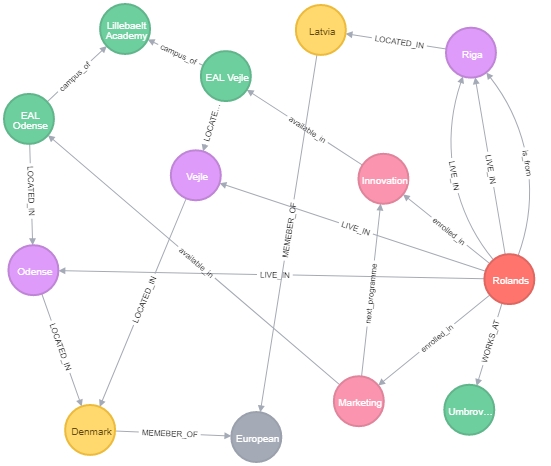Thinking about epub.social, had to list the essential parts or components of social network. Below is the list, what I came up (with help of AI).
Here is the list I need to do. Later will link to anouncements of these components. I think of this list as epics in project management.
User Profiles
Social networks require user profiles to store information about individuals, including their names, profile pictures, personal details, and other relevant information.
By default user profiles already enabled and available. What is on to-do list: all the meta data about user- D.O.B., gender, etc…
News Feed or Timeline
The news feed or timeline is a central component that displays a personalized stream of content, including posts, updates, photos, and videos from the people or pages a user follows or is connected to.
Also Timeline is enabled by default. Again question is more about meta information.
Friends
Friends or Connections. The ability to connect with other users is a fundamental aspect of social networks. Users can establish connections or friendships with others, allowing them to view and interact with each other’s content.

Posts
Posting and Sharing. Social networks enable users to create and share various types of content, such as text-based posts, photos, videos, links, and documents. These posts are typically visible to a user’s connections or followers.
Engagements
Likes, Comments, and Shares: Users can engage with each other’s content by liking, commenting, and sharing posts. These interactions facilitate conversations, feedback, and the viral spread of content.
Score(s)
Score as Engagement
Introduce a scoring system that allows users to upvote or downvote posts. Calculate a score for each post based on the number of upvotes and downvotes received. This score represents the engagement level or popularity of the post.
Trends and Tops
Develop a mechanism to display trending and top posts based on their scores. Implement sorting algorithms to showcase the posts with the highest scores or the most recent popular posts in the news feed or on dedicated pages.
Notifications
Social networks often provide notifications to alert users of new activities, such as friend requests, likes, comments, mentions, and other relevant updates.
Privacy Settings
To maintain control over their information and visibility, social networks offer privacy settings that allow users to customize who can view their profile, posts, and other personal details.
Chat
Messaging and Chat. Many social networks include built-in messaging or chat features that allow users to have private conversations with their connections.
Search
Users can search for specific people, pages, or topics of interest within the social network to discover new connections or content.
Groups
Groups or Communities. Social networks often include the ability to create or join groups or communities based on shared interests, where users can engage in discussions, share content, and connect with like-minded individuals.
Here is question about “Pages”. Let’s say for organizations and how that differ from Communities.
Statistics
Analytics and Insights: Some social networks provide users with analytics and insights about their profile and posts, including metrics such as engagement, reach, and audience demographics.
Greate debate – shoul user know their stats.
Mobile
Mobile Support. With the prevalence of smartphones, social networks typically offer mobile applications to allow users to access and interact with the platform on their mobile devices.
Leave a Reply